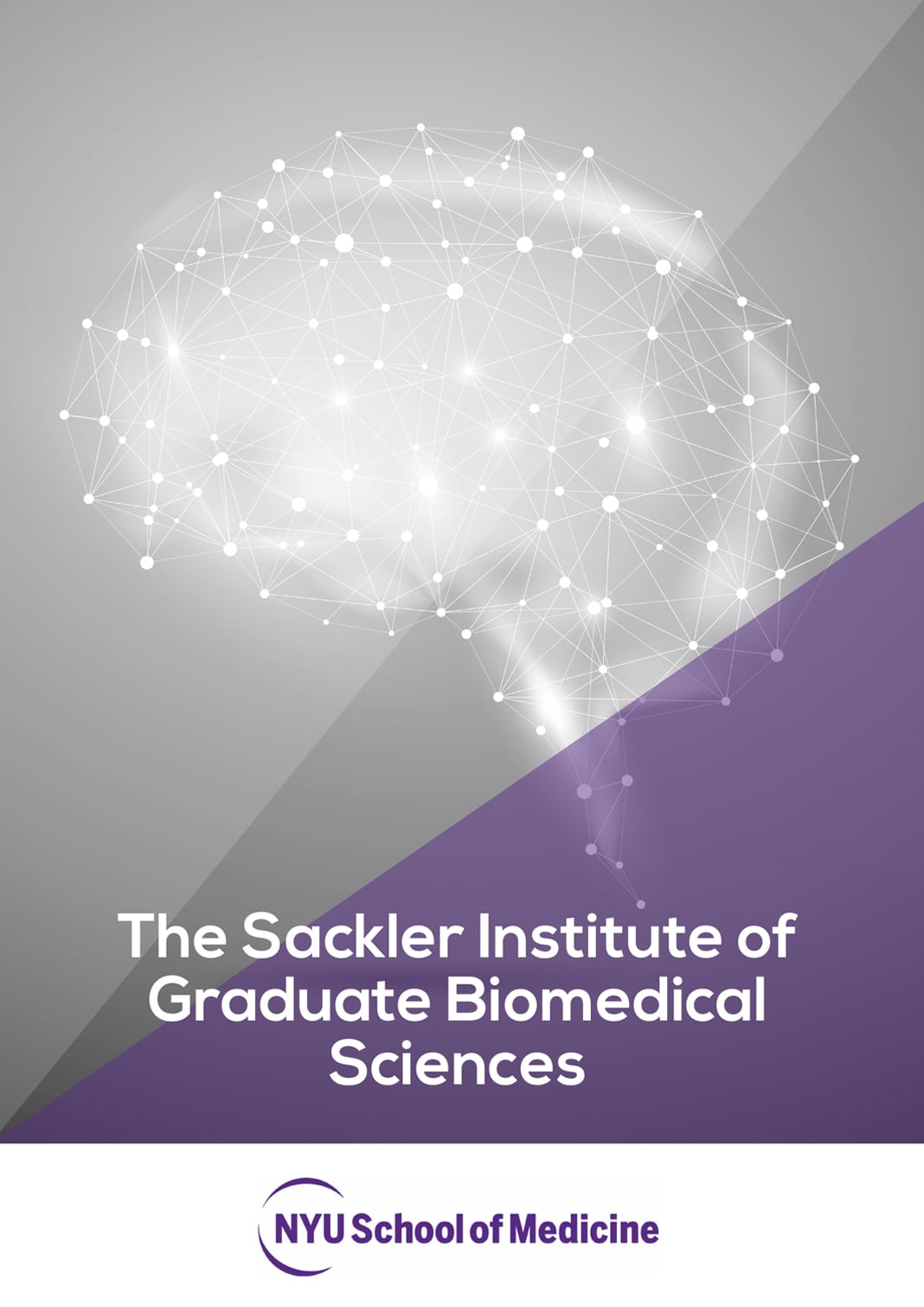The Sackler Institute of Graduate Biomedical Sciences at New York University (NYU) School of Medicine provides a path to advanced degrees, PhD, MD/PhD, MS, in biomedical fields.
Their main focus is training the next generation of researchers who can work to advance society in multiple ways. Students who attend the Sackler Institute are trained to become independent scientists, along with the skills that make them:
- Critical thinkers;
- Versatile problem solvers;
- Team players; and
- Future leaders.
Popular areas and aspects of training
Programmes at the institute include include the PhD Program, MD/PhD Program and MS in Biomedical informatics.
- PhD Program – As PhD candidates at Sackler Institute of Graduate Biomedical Sciences, students prepare for a career in biomedical research by working closely with distinguished faculty. Their PhD training programmes allow for innovative research to be conducted in their laboratories and medical facilities.
- MD/PhD Program – Students can move beyond the boundaries of separating scientific research and clinical practice. Through the Medical Scientist Training Program, the rigorous dual MD/PhD curriculum merges the fundamentals of scientific inquiry with clinical insight and experience.
- MS in Biomedical informatics – The MS in biomedical informatics at the Sackler Institute sharpens students’ practical skills in basic science, translational science, and medical research. The 12-month curriculum produces professionals who can solve challenging biomedical problems.
This booklet also describes one of the most popular aspects of the graduate school is the Open Program. Students who take the Open Program can explore multiple fields and so is advantageous to those who do not have particular area they want to specialise in.
Presenting opportunities at the Sackler Institute
In this booklet, the Sackler Institute at NYU School of Medicine discuss how future society depends on the next generation of scientists and the opportunities they provide for graduates and high school students. They place increasing awareness on STEM – Science, Technology, Engineering, and Mathematics – and maintaining students interest in these areas.


